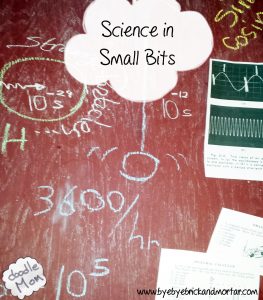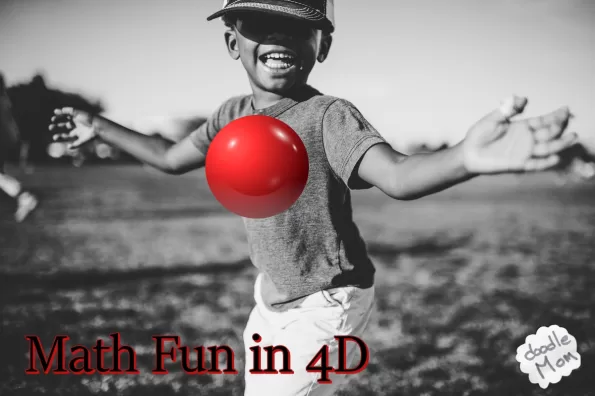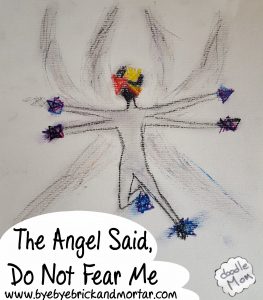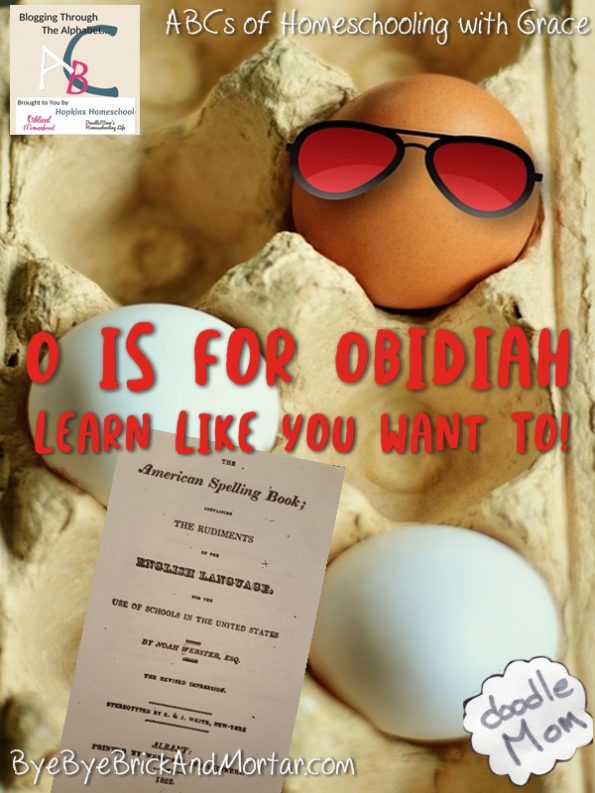 Teaching is such a delicate balance, especially science. You must adjust to your child’s learning style, focus, and in some part, interest. If you try to force a subject down their throats at a time that they actively fight against it, then the result is an impenetrable wall that resists all urgings. They will not learn the subject. You may get them to retain something long enough to give you the idea that they listened and understood, but they have not learned. And the longer and harder you push at it, the worse it becomes.
Teaching is such a delicate balance, especially science. You must adjust to your child’s learning style, focus, and in some part, interest. If you try to force a subject down their throats at a time that they actively fight against it, then the result is an impenetrable wall that resists all urgings. They will not learn the subject. You may get them to retain something long enough to give you the idea that they listened and understood, but they have not learned. And the longer and harder you push at it, the worse it becomes.
Teaching successfully is really like a free market economy. If the consumer has needs, they are readily accept information that either satisfies the need or provides the intellectual tools for the consumer (that is your kid) to work out how to satisfy the need on their own. The complexity occurs at younger ages, when your child cannot readily see the perhaps complex path illuminated by your teaching that connects their wishes and desires to the achievement of their needs. Then, some pushing is really necessary, but at that age children are readily coaxed into doing things if the task is made to seem fun or exciting. Sometimes even just naming it something fun or exciting is all that is required.
And so we come to science… In our house we do science once a week. I have been reading to my kids and working through physics lessons on one week, and spending the next week doing a fun science-related activity that is driven by their whims and interests. And then this week I discovered that rather than spending 2-3 hours working physics lessons, my kids do better when I present just a small segment of a lesson and we miraculously devolve into an hour or so of discussions in which the kids bring up ideas they have and talk through examples that remind them of the lesson of the day. This makes for a slower pace through the material, but since we school for 11 months out of the year, we have plenty of time to get through things. And they really, really understand what I am trying to teach them and begin to put it into practice themselves.
And so this week my kids learned about pendulums, strange particles, and oscilloscopes. And how sine and cosine functions were instrumental in accurately counting out smaller increments of time.
And it really was about time for me to loosen the reigns, take science in small bits, and really let my children learn.






